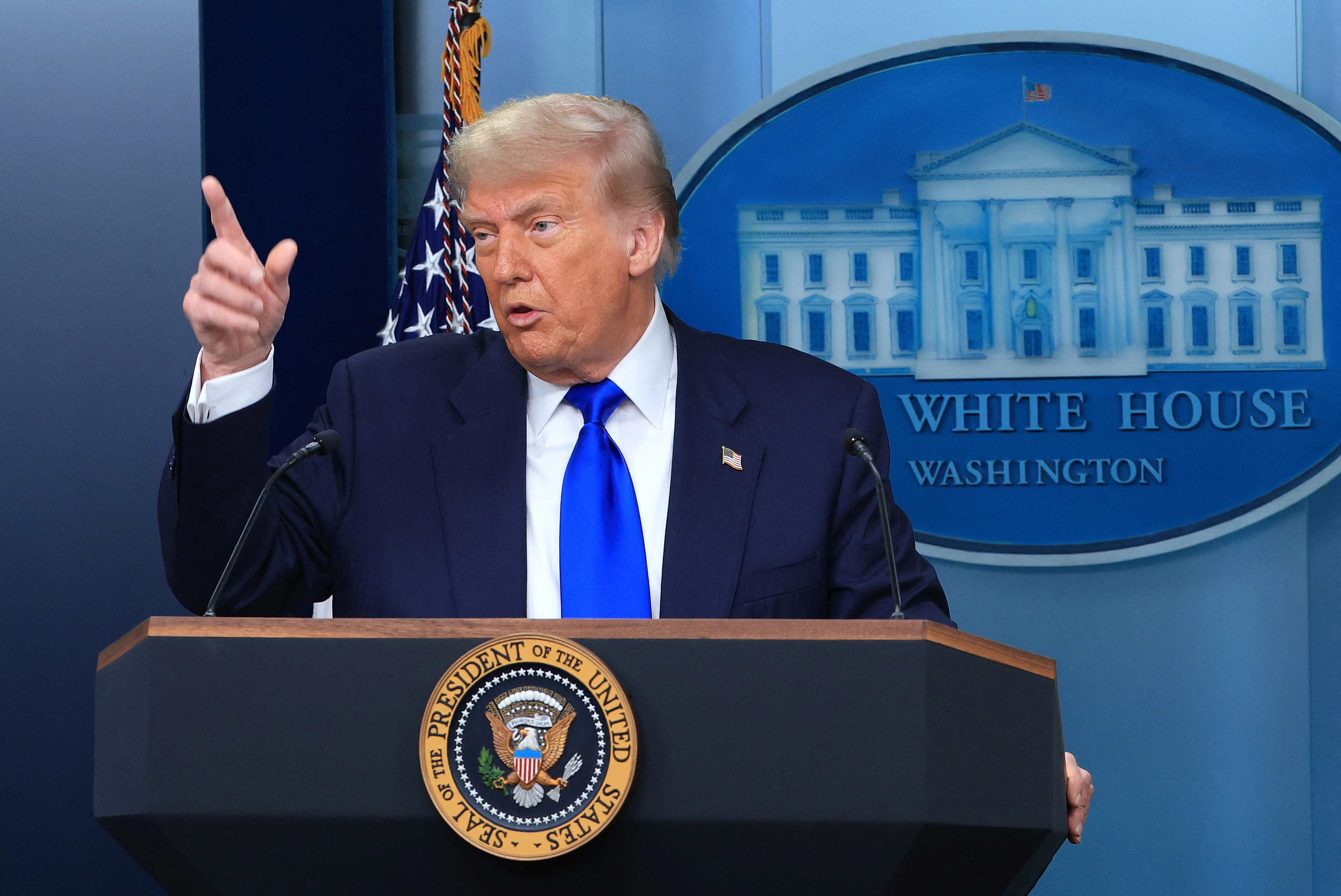In a recent statement, former President Donald Trump emphasized that businesses and individuals who engage with the BRICS nations—Brazil, Russia, India, China, and South Africa—will inevitably face a 10% fee. This assertion reflects Trump’s ongoing criticism of the economic policies that favor international alliances and trade agreements. His remarks highlight a broader concern regarding the United States’ position in the global market, particularly in relation to emerging economies that are increasingly asserting their influence on the world stage.
Trump’s comments come at a time when BRICS is gaining traction as a significant player in international economics, potentially challenging Western dominance. The coalition seeks to enhance cooperation among member states and reduce dependency on Western financial systems. By proposing a 10% fee, Trump seems to be advocating for a protective stance that prioritizes American interests over collaborative global engagement. This perspective aligns with his broader America First policy, which aims to safeguard U.S. economic sovereignty against perceived threats from foreign competition.
The implications of such a fee could be profound, affecting not only trade relationships but also diplomatic ties with these nations. Trump’s insistence on imposing financial penalties may escalate tensions and complicate negotiations with countries that are part of BRICS. Critics argue that this approach could alienate potential allies and diminish opportunities for mutual growth. As the global landscape continues to evolve, the challenge lies in balancing national interests with the necessity of collaboration in an interconnected world.
In conclusion, Trump’s declaration regarding a 10% fee for transactions involving BRICS nations underscores the complexities of international trade and diplomacy. It serves as a reminder of the ongoing debates surrounding globalization and nationalism. As the world grapples with economic uncertainties and shifting alliances, the path forward will require careful navigation to ensure that the United States remains competitive while fostering constructive relationships with emerging economies.




